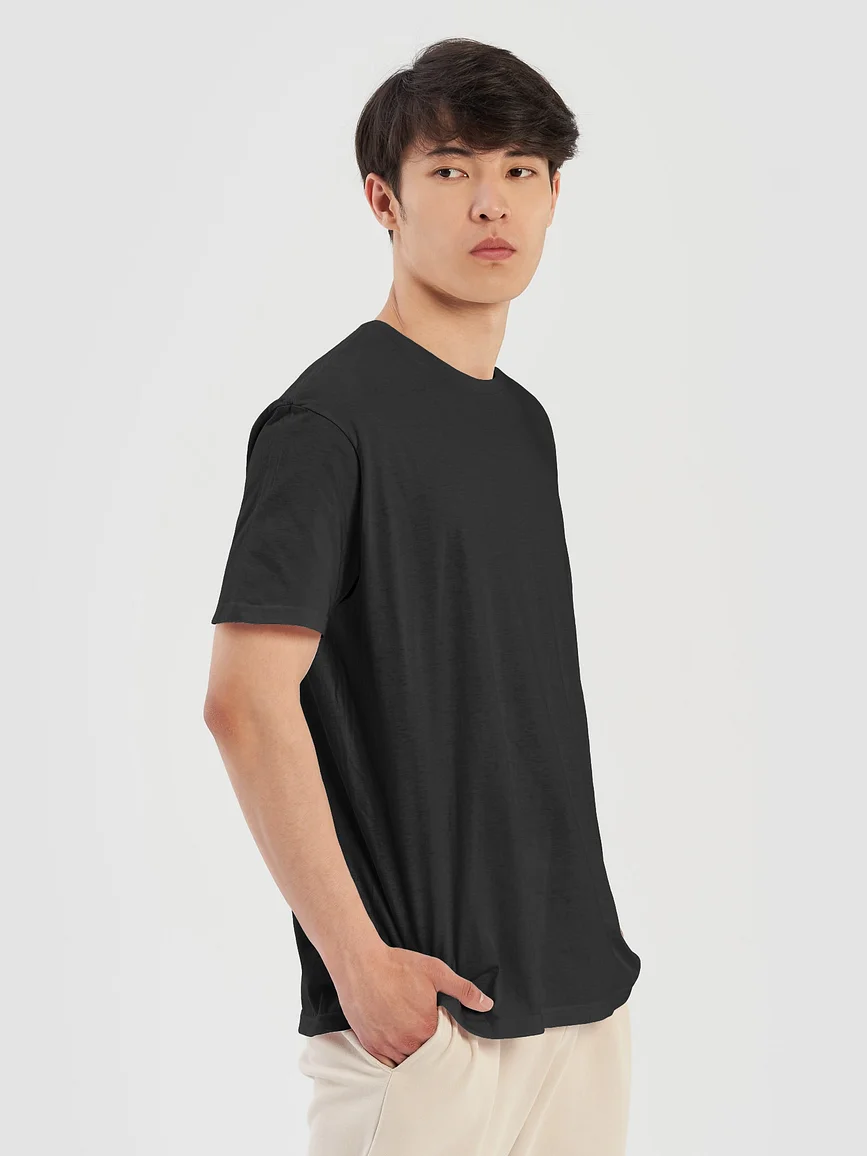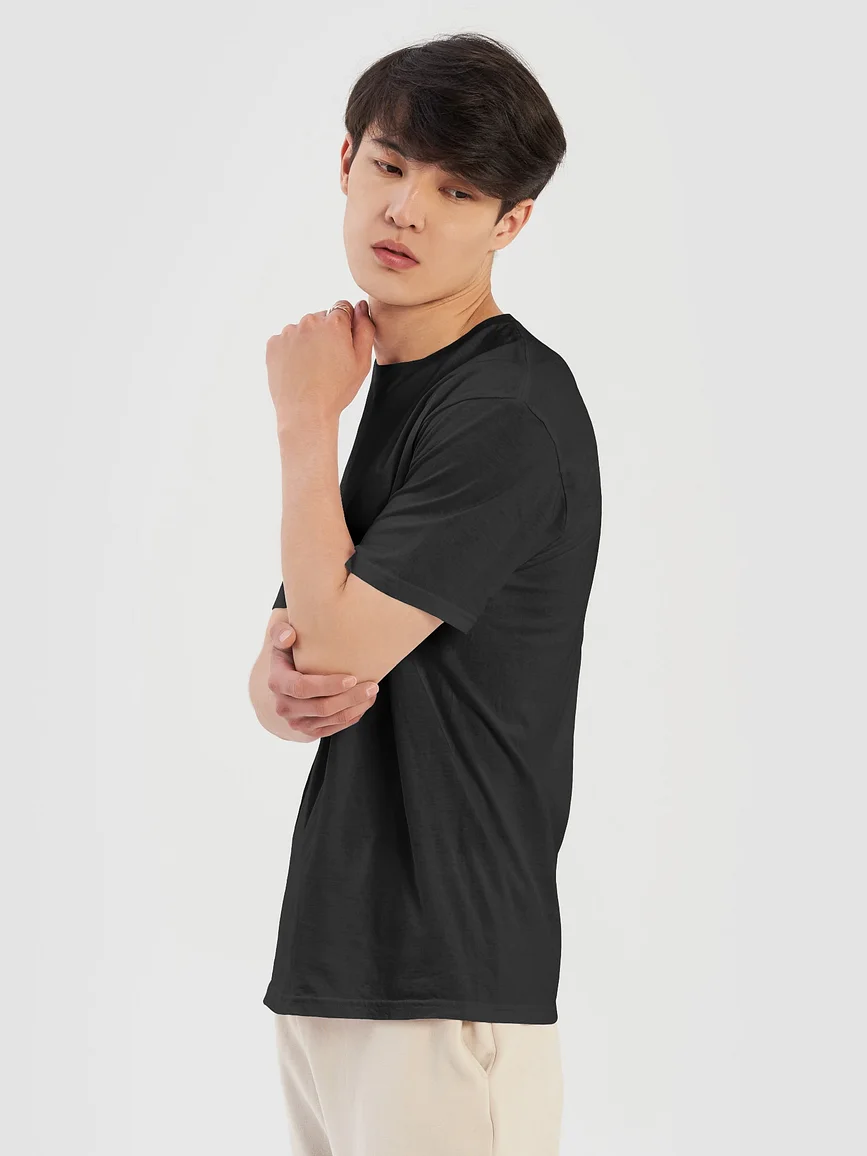Understanding the Deinfluencing Trend and Why it Matters

Recently, a new social media trend has emerged that has challenged the conventional norms of influence and reshaped the way we perceive content.
The Deinfluencing Trend, as it's aptly named, is gaining momentum. It offers a refreshing departure from the glitz and glamour associated with traditional influencing. Unlike conventional influencers, who often promote products with unwavering positivity, deinfluencers take a different approach, offering candid critiques and honest evaluations of various products and trends.
In this article, we will explore deinfluencing and why it is significant in today's social and digital environment. By delving into the motivations behind this trend and its impact on consumer behavior, creators can gain a deeper understanding of how it’s reshaping the influencer landscape and creating a culture of transparency and authenticity.
What is Deinfluencing?

Deinfluencing is a recent social media trend on platforms like Instagram, TikTok, and YouTube, where influencers advise their followers against purchasing certain overhyped products. Initially emerging in the beauty and lifestyle sectors, this trend has expanded to encompass various categories, including technology and fashion.
Influencers discuss why they believe specific products, such as expensive cosmetics or gadgets, are not worth the investment, often suggesting more practical alternatives. The hashtag #deinfluencing has garnered over 233 million views on TikTok, highlighting its impact in encouraging consumers to critically assess their needs versus wants and reduce excessive waste.
Influencing vs. Deinfluencing: What’s The Difference?
Influencing and deinfluencing represent two distinct approaches within the social media landscape. Both aim to guide consumer behavior but have different philosophies. Influencers typically promote products by highlighting their benefits and encouraging followers to make purchases, often suggesting that these products are universally beneficial.
Conversely, deinfluencers prioritize honesty and skepticism, cautioning followers about the potential drawbacks of hyped products and suggesting practical, often more affordable, alternatives. While influencers focus on driving consumerism, deinfluencers aim to foster critical thinking and responsible consumption.
Despite these differences, both influencers and deinfluencers strive to build and maintain a trusting relationship with their followers, responding to the constant evolution of trends in the digital age. Influencers like Salt Bae and Charli D'Amelio exemplify the former, whereas creators such as Heylulaa and Livvmarkley are notable in the deinfluencing space.
7 Reasons How Deinfluencing Has Affected Influencer Marketing?
Deinfluencing has significantly impacted the influencer market by introducing a shift towards transparency and critical consumerism. This trend challenges the traditional influencer model, which often revolves around promoting products through positive reviews and endorsements. Here are several ways deinfluencing has affected the influencer market, along with detailed examples:
1. Increased Transparency and Credibility
Deinfluencing emphasizes honesty and transparency, fostering greater trust between influencers and their followers. This trend is particularly evident on platforms like TikTok, where beauty influencers use hashtags like #deinfluencing to share TikTok videos that critically assess popular products.
By openly discussing the drawbacks and limitations of these products, influencers provide their followers with a more balanced perspective, which enhances their credibility. For example, a beauty influencer might create a TikTok video explaining why a highly touted skincare product didn't work for them, offering alternative recommendations instead.
This level of honesty contrasts sharply with traditional influencer marketing, where products are often promoted solely for their positive attributes, thus building a stronger, more trusting relationship with their audience.
2. Shift in Content Creation
Influencers are now creating content that balances promotional posts with critical evaluations, leading to a significant shift in the landscape of social media marketing. This change has been fueled by the viral nature of deinfluencing content, which resonates deeply with followers seeking honest and relatable opinions.
Influencers, aware of this trend, are increasingly incorporating content that highlights the benefits of certain products and openly discusses their drawbacks. By doing so, they discourage impulsive purchases and encourage more thoughtful consumer behavior.
For instance, an influencer might follow up a promotional post with a video detailing their personal experience and any negative aspects of the product, thereby providing a comprehensive view that appeals to a more discerning audience. This approach not only maintains followers' trust but also aligns with a growing demand for authenticity and transparency in influencer content.
3. Impact on Brand Collaborations
Brands are increasingly valuing authentic endorsements and are adjusting their marketing strategies to reflect this shift. Rather than solely focusing on promotional partnerships, many brands are now collaborating with influencers who provide balanced and honest reviews.
This approach acknowledges that transparency can significantly enhance credibility and trust among consumers.
For instance, a cosmetics company might partner with a beauty influencer known for their candid assessments, allowing the influencer to discuss both the product's advantages and drawbacks openly.
Providing honest opinions and reviews on products not only bolsters the influencer's credibility but also portrays the brand as transparent and responsive to consumer feedback.
Consequently, consumers are more inclined to trust and purchase from brands that demonstrate honesty and a willingness to accept constructive criticism, fostering more genuine and long-term relationships between the brands, influencers, and their followers.
4. Consumer Empowerment
Deinfluencing empowers consumers to make more informed purchasing decisions by encouraging critical thinking and skepticism toward heavily marketed products.
Influencers who engage in deinfluencing provide detailed reviews and honest opinions, highlighting various products' strengths and weaknesses.
For example, when influencers share their experiences with popular items that fail to meet expectations, followers gain a clearer understanding of potential drawbacks.
This practice reduces the likelihood of impulsive buying driven by hype and helps consumers evaluate their actual needs and preferences. Consequently, followers feel more confident in their purchasing decisions, knowing they have considered a well-rounded perspective.
5. Economic and Environmental Impact
Deinfluencing significantly impacts both economic and environmental spheres by discouraging unnecessary purchases, thereby contributing to waste reduction and sustainability promotion.
Influencers who create content around deinfluencing, particularly on platforms like TikTok, often caution their followers against buying high-cost items that may not be essential, such as the Dyson Airwrap or AirPods Pro. These TikTok videos encourage followers to critically assess their needs versus wants, leading to more mindful spending and substantial cost savings.
Beyond the financial benefits, this reduction in consumerism aligns with broader environmental goals by decreasing the production and disposal of superfluous products. Fewer purchases mean less manufacturing demand, which translates to lower resource consumption and waste generation.
This shift promotes a more sustainable lifestyle as consumers become more conscious of their ecological footprint and prioritize long-lasting, necessary items over trendy, short-lived products.
6. Diversification of Influencer Roles
Deinfluencing has led to the rise of influencers who specialize in critical reviews and consumer advocacy, reshaping the influencer market by introducing new roles focused on transparency and honesty.
These creators, often producing content like "anti-haul" videos, concentrate on highlighting products they deem overhyped or unnecessary, thereby helping their followers make more informed purchasing decisions. This niche has allowed influencers to differentiate themselves by prioritizing candid assessments over conventional promotional tactics, which traditionally emphasize only the positive aspects of products.
The diversification brought about by deinfluencing has expanded the influencer market, creating opportunities for creators who value authenticity and critical evaluation. This shift not only broadens the types of content available to audiences but also fosters a more nuanced and trustworthy relationship between influencers and their followers.
As a result, influencers who excel in this domain gain a loyal following that appreciates their commitment to honest, consumer-focused content, ultimately enriching the overall landscape of social media influence.
7. Change in Audience Expectations
Audiences now expect a higher level of authenticity from influencers, reflecting a significant shift in follower expectations. Followers have become increasingly critical of influencers who consistently post overly positive reviews without addressing any negatives, perceiving such content as disingenuous and potentially misleading.
This heightened scrutiny has pressured influencers to be more discerning about the products they choose to endorse. To maintain their credibility and trust with their audience, influencers are now more likely to provide balanced, honest feedback that includes both a product's strengths and weaknesses.
Furthermore, the evolution in audience expectations has driven influencers to prioritize transparency and authenticity in their content, ensuring they offer genuine value and insights rather than merely serving as a promotional channel.
Examples of Deinfluencing
To illustrate the impact of deinfluencing, let's explore some noteworthy campaigns that have successfully embraced this trend.
Fast Fashion Exposé
Content creators might deinfluence the latest trends by highlighting the impracticality and short-lived nature of certain popular styles, suggesting followers invest in timeless, versatile pieces instead.
Creators like @christina.mychas and @livekindly have been known to post honest reviews of overhyped apparel, pointing out issues like poor quality or fit and recommending more sustainable and affordable alternatives.
Makeup Minimalism Movement
A beauty influencer might discuss the latest skincare and makeup products by openly discussing their personal experiences, including any negative effects or shortcomings they encountered, and recommending more effective alternatives based on their honest evaluations.
YouTuber Morgan Turner has created videos deinfluencing the latest viral makeup trends. Turner compiles a list of the latest makeup products trending and gives an in-depth review citing why you shouldn’t buy these products while offering her viewers cheaper and healthier alternatives.
Financial Transparency in Gaming
Streamers might deinfluence gaming on platforms like Twitch and TikTok by openly discussing over-priced gaming products or the drawbacks of hyped games. These videos are focused on encouraging their followers to consider factors like gameplay mechanics, story depth, and value for money before making a purchase.
For example, TikToker and experienced gamer @imannamolly, discusses popular gaming products that she has personally fallen victim to. Molly encourages her followers to avoid purchasing these items while recommending cheaper products with the same quality value.
Unmask the Hype: Build Your Deinfluencing Empire with Fourthwall
The life of an influencer is not all glamorous; it often involves spinning from sponsored posts to endless trends, leaving creators feeling disconnected from their authentic selves. Enter Fourthwall—your catalyst for change!
Fourthwall is a comprehensive e-commerce platform that allows creators to design and sell ethically sourced, eco-friendly products to their audience.
With Fourthwall, influencers can break free from the cycle of promoting unsustainable products and instead foster a culture of responsible consumerism by promoting honest reviews and alternative, environmentally conscious options. Join Fourthwall today and revolutionize your influence!
















